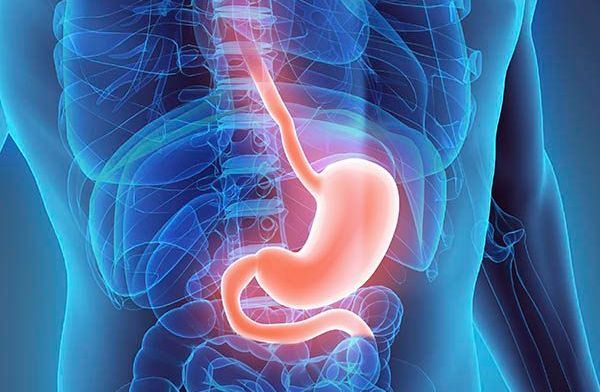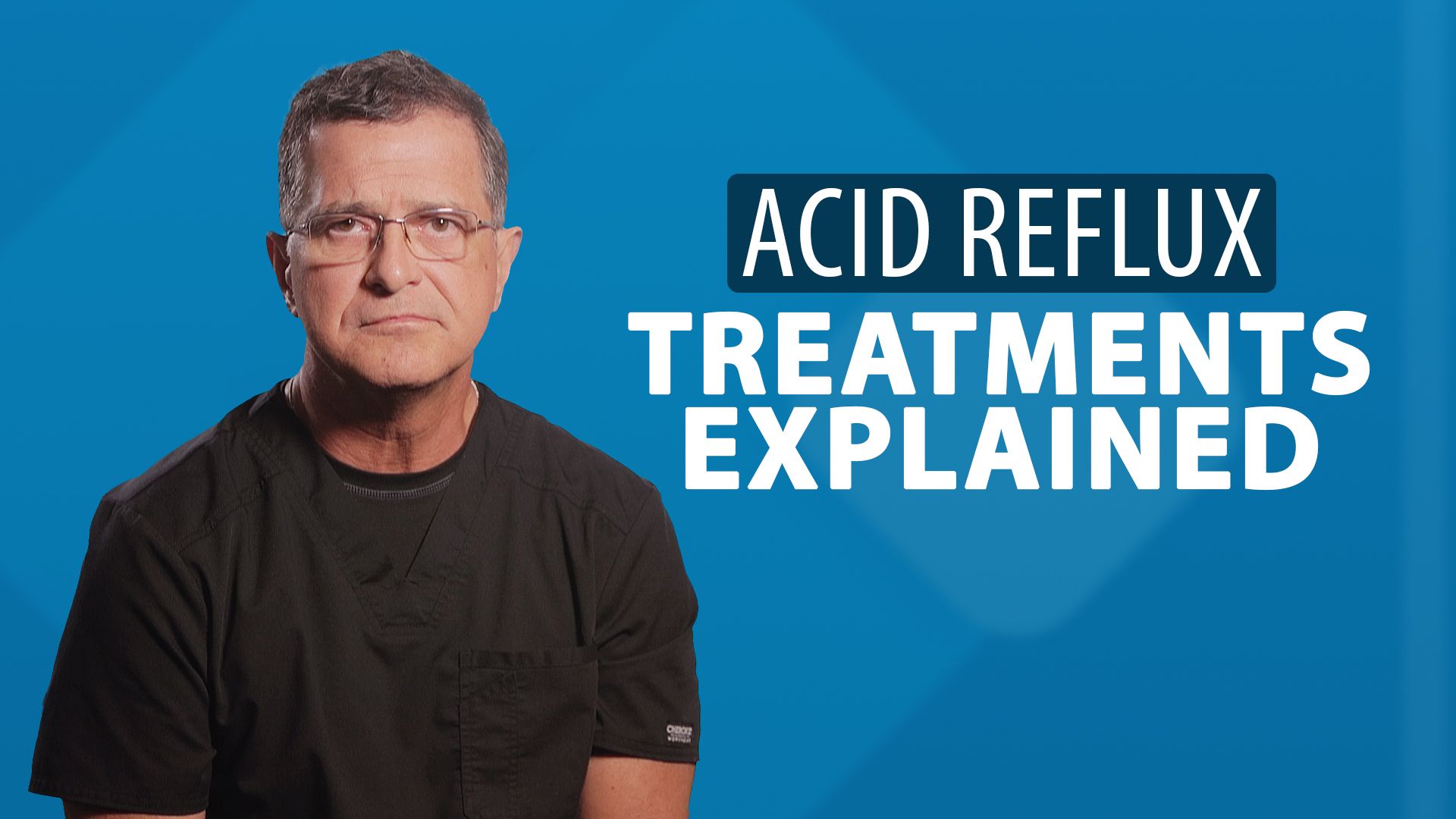Acid Reflux Treatment in Jacksonville, Florida
Acid Reflux / GastroEsophageal Reflux Disease Treatment

Our Reflux Center has a comprehensive approach for the diagnosis and treatment of gastro-esophageal reflux disease (GERD). You will be evaluated by a highly skilled team with the latest technology to provide effective treatment.
What you need to know about reflux:
- Causes of reflux
- Symptoms
- Complications
- Diagnosis
Causes of Reflux
Between your esophagus and your stomach you have a “valve”, the lower esophageal sphincter (LES) that normally remains closed to prevent reflux from the stomach content into the esophagus. After you swallow something, the food, drink or saliva reaches the LES. It promotes relaxation of the sphincter allowing the passage into the stomach. The sphincter may be weakened due to several reasons, causing it to be partially open allowing stomach secretion to “reflux” into the esophagus.
It is important to understand that the reflux can also be alkaline such as bile reflux. It can actually be more dangerous since it is not as symptomatic as the acid reflux.
Patients may also have a defect or weakness at the area where the esophagus passes into the abdominal cavity, known as hiatal hernia, allowing part of the stomach to transiently or permanently be pushed up into the chest.
Patients may have a stricture or narrow area in a more distal area in the stomach or duodenum, preventing the normal flow of food. It can lead to increase pressure.
The end result of the reflux may lead to stomach contents to reflux and potentially “burn” the esophageal lining. Chronic reflux, acid or non-acid may lead to serious complications. Proper evaluation is going to allow proper diagnosis and therefore a better alternative treatment for your case.
Symptoms of Acid Reflux
Gastro-esophageal reflux disease (GERD) can have different presentations. Some patients may have the usual acid reflux with “heartburn”. However is may present itself in different ways. Patients may have complains of:
- Chest pain
- Sour or bitter taste
- Burping
- Recurrent dry cough
- Hoarseness
- Asthma/wheezing/shortness of breath
- Stomach fullness or bloating
- Difficulty swallowing
- Sensation of food stuck in throat
- Waking up at night with vomit or acid in throat (wet burp)
- Bad breath
- Change in sense of taste or the sense of smell
- Cough
- Nasal congestion
Complications Associated With Chronic Esophageal Reflux:
- Inflammation of the esophagus (esophagitis)
- Esophageal ulcers with possible bleeding
- Esophageal strictures
- Esophageal lining changes with metaplasia, Barrett’s Esophagus that increases the chance of esophageal cancer
- Esophageal cancer
- Asthma
- Bronchitis
- Sinusitis
- Pneumonia
- Pulmonary fibrosis
- Cavities due to tooth enamel destruction
Acid Reflux Resources








